How to Protect Child From Narcissistic Father: A Guide
Learning how to protect child from narcissistic father can be challenging but is essential for their emotional health and development. A narcissistic father often brings an inflated sense of self, entitlement, and an ongoing need for excessive attention, which can have negative effects on a child’s emotional health and development.
Creating a nurturing environment for a child, setting healthy boundaries, and securing the child’s well-being may require deliberate actions and strategies, especially in cases of divorce or custody agreements. This article provides actionable steps to help protect children from the impacts of narcissistic parenting.
Table of Contents:
- Understanding Narcissism
- Recognizing Narcissistic Traits in a Father
- Protecting Your Child
- Open Communication and Validation
- Setting Healthy Boundaries
- Strengthening Self-Esteem
- Professional Support
- Legal Considerations
- Parenting Time and Custody
- Documenting Behavior
- Court Orders and Enforcement
- Promoting Long-Term Well-being
- Encouraging Healthy Relationships
- Fostering Independence
- Conclusion
Understanding Narcissism
According to the Mayo Clinic, narcissistic personality disorder (NPD) is characterized by an exaggerated sense of self-importance, a strong desire for admiration, and a lack of empathy. While these might seem like simple arrogance, they significantly impact families, influencing parenting time and even child custody agreements.
NYU research suggests narcissism stems from insecurity, complicating interactions. Narcissistic fathers may be emotionally unavailable, prone to angry outbursts, and make the child feel responsible for their emotional well-being. It’s essential for the child to learn that this is not normal or healthy and to be able to recognize manipulative behavior early on.
Recognizing Narcissistic Traits in a Father

Several signs can suggest narcissistic traits in a father. These include excessive criticism, inability to handle criticism, unreasonable demands, and emotional distance, often leading to manipulative behavior.
Protecting Your Child
Protecting your child from a narcissistic father involves creating a support network for their emotional well-being. Setting healthy boundaries and seeking professional support from a family law professional can be a crucial first step.
Open Communication and Validation
Create a safe space for your child to express their feelings. Validate their experiences and reassure them their emotions are normal, counteracting the negative effects of a narcissistic parent.
Children sense when feelings are dismissed, worsening emotional insecurity and mimicking negative emotions. Strong emotional support helps children process these feelings in a healthier way.
Setting Healthy Boundaries
One of the most effective ways to protect a child from a narcissistic parent is by setting boundaries. Setting healthy boundaries limits the influence the narcissistic father can have on the child’s day-to-day life. If the child spends time with the narcissistic father, work with family law experts to create clear boundaries in parenting time and child custody agreements. Ensuring that rules are established and documented can help enforce the boundaries needed for the child’s safety and mental health.
Strengthening Self-Esteem
Nurture your child’s confidence. Provide positive reinforcement, praise their efforts, and help develop their values. Engaging in positive activities boosts self-worth, potentially minimizing the need for excessive attention from the narcissistic parent.
Professional Support
Consider therapy for both you and your child. Therapy provides a secure setting to process emotional turmoil. Therapists who understand narcissistic abuse offer targeted support.
When a child is exposed to narcissistic tendencies, consider therapy for both you and your child. Therapy provides a secure setting to process emotional turmoil. Therapists who understand narcissistic abuse offer targeted support. Counseling can help the child develop resilience, recognize healthy relationships, and understand the difference between supportive and harmful behavior. Therapy may also provide the child with techniques to manage the narcissistic parent's behavior traits, including how to respond when feeling overwhelmed or intimidated.
Legal Considerations
Legal advice and documentation play a key role in navigating narcissistic parenting. Understanding spousal support, property division, and setting healthy boundaries are essential for separating couples. Attorneys experienced in dealing with narcissistic personalities understand the manipulative tactics often used in court and can provide guidance on protecting the child’s rights and maintaining a healthy environment.
Parenting Time and Custody

If separated or divorced, ensure parenting plans are in place with conditions protecting the child. This ensures healthy interaction, minimizing mental harm. Documentation of any physically abusive behavior is vital for legal proceedings.
Documenting Behavior
If a narcissistic parent is physically or emotionally abusive, documenting every instance of manipulative behavior or other concerning actions can be helpful in legal proceedings. This evidence can support claims of emotional abuse and aid the court in making informed decisions for the child’s best interests. In cases involving family law, it’s essential to have a record that shows the need for court-ordered boundaries or protective measures.
Court Orders and Enforcement
Court orders, such as monitored access, can be necessary. This requires documented proof of harmful behavior. Court orders can ensure a safer environment, even when dealing with a narcissist parent's high standards and sense of entitlement.
Promoting Long-Term Well-being
Protecting a child from a narcissistic father aims to build resilience for adulthood. Encouraging healthy relationships is vital. Seeking professional help through family law resources is important if parents can't agree.
Encouraging Healthy Relationships
Teach your child to set boundaries, handle emotions, and value open relationships. These tools improve emotional health and change their response to external influences. Promoting emotional regulation allows them to develop stronger, healthier connections, reducing the potential impact of a parent's behavior.
Fostering Independence
Allow children, when appropriate, to form their own opinions, independent of parental praise or criticism. This fosters self-reliance, which is essential for navigating adult relationships and building a strong support system. This promotes emotional health, shielding them from a narcissist father’s fragile self-esteem.
Conclusion
Protecting a child from a narcissistic father involves understanding narcissism and creating protective tools. Open communication, boundaries, support, and positive experiences offer lasting protection. Consider offering emotional support by helping the child learn more about narcissistic personality disorder. It is important that if the child exhibits narcissistic tendencies they don't receive positive reinforcement for this bad behavior, instead a parent needs to find positive reinforcement for good behavior that helps the child develop stronger and healthier responses to people.



